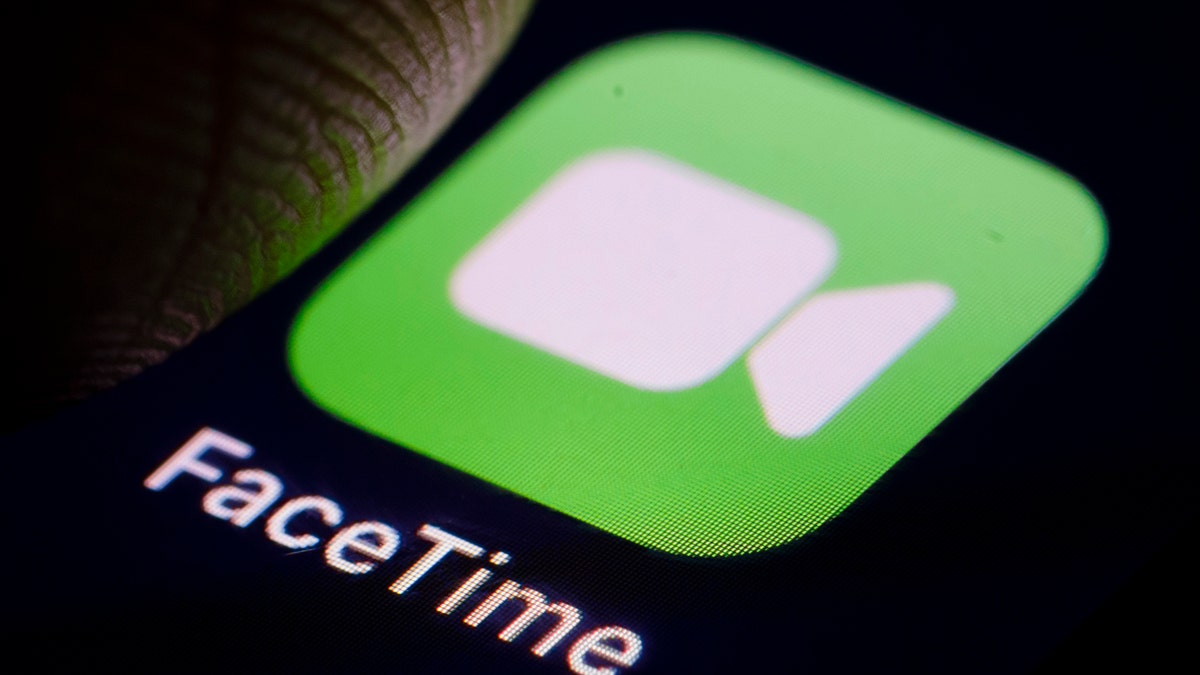
BERLIN, GERMANY - DECEMBER 14: The Logo of videotelephony product FaceTime is displayed on a smartphone on December 14, 2018 in Berlin, Germany. (Photo by Thomas Trutschel/Photothek via Getty Images) (Getty Images)
Apple has finally apologized for a creepy video chat flaw that allowed users to eavesdrop on their friends, saying a fix will be released next week.
The Cupertino, Calif., company also vowed to quicken its response time to consumer complaints about software bugs after it emerged that the iPhone maker ignored repeated warnings about the FaceTime flaw.
The fix comes nearly two weeks after Grant Thompson, a 14-year-old boy from Tucson, Ariz., realized he could listen to a friend on Group FaceTime — even if the friend didn’t pick up the call.
His mother, Michele Thompson, tried to alert Apple to the defect. But as she told CNBC on Jan. 29, the company ignored her overtures.
The New York State Attorney General’s office on Wednesday said it is investigating Apple’s failure to warn consumers of the creepy spy feature, which even allowed users to see other unsuspecting users of the group chat product.
Apple disabled Group FaceTime, which makes it easier for multiple people to video chat at the same time, on Jan. 28, after 9to5mac.com, a news site for Apple fans, wrote about the flaw.
“We will issue a software update to re-enable the feature for users next week,” Apple said Friday. “We sincerely apologize to our customers who were affected and all who were concerned about this security issue.”
Then, in a nod to Thompson’s failure to get Apple’s attention, despite numerous phone calls, emails and faxes, Apple promised to be more responsive.
“We are committed to improving the process by which we receive and escalate these reports, in order to get them to the right people as fast as possible,” it said. “We take the security of our products extremely seriously and we are committed to continuing to earn the trust Apple customers place in us.”
The company ironically acknowledged the FaceTime bug on Privacy Day — an international holiday to raise awareness and promote privacy and data protection.
Just hours before doing so, Apple CEO Tim Cook tweeted: “On this #DataPrivacyDay let us all insist on action and reform for vital privacy protections. The dangers are real and the consequences are too important.”
This story originally appeared in the New York Post.








































